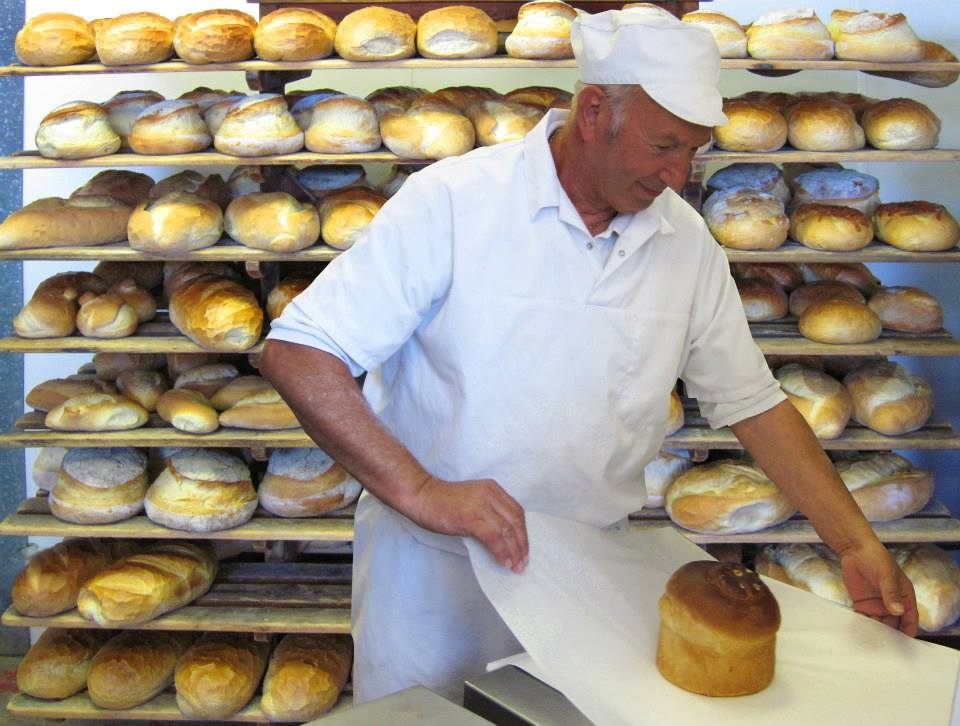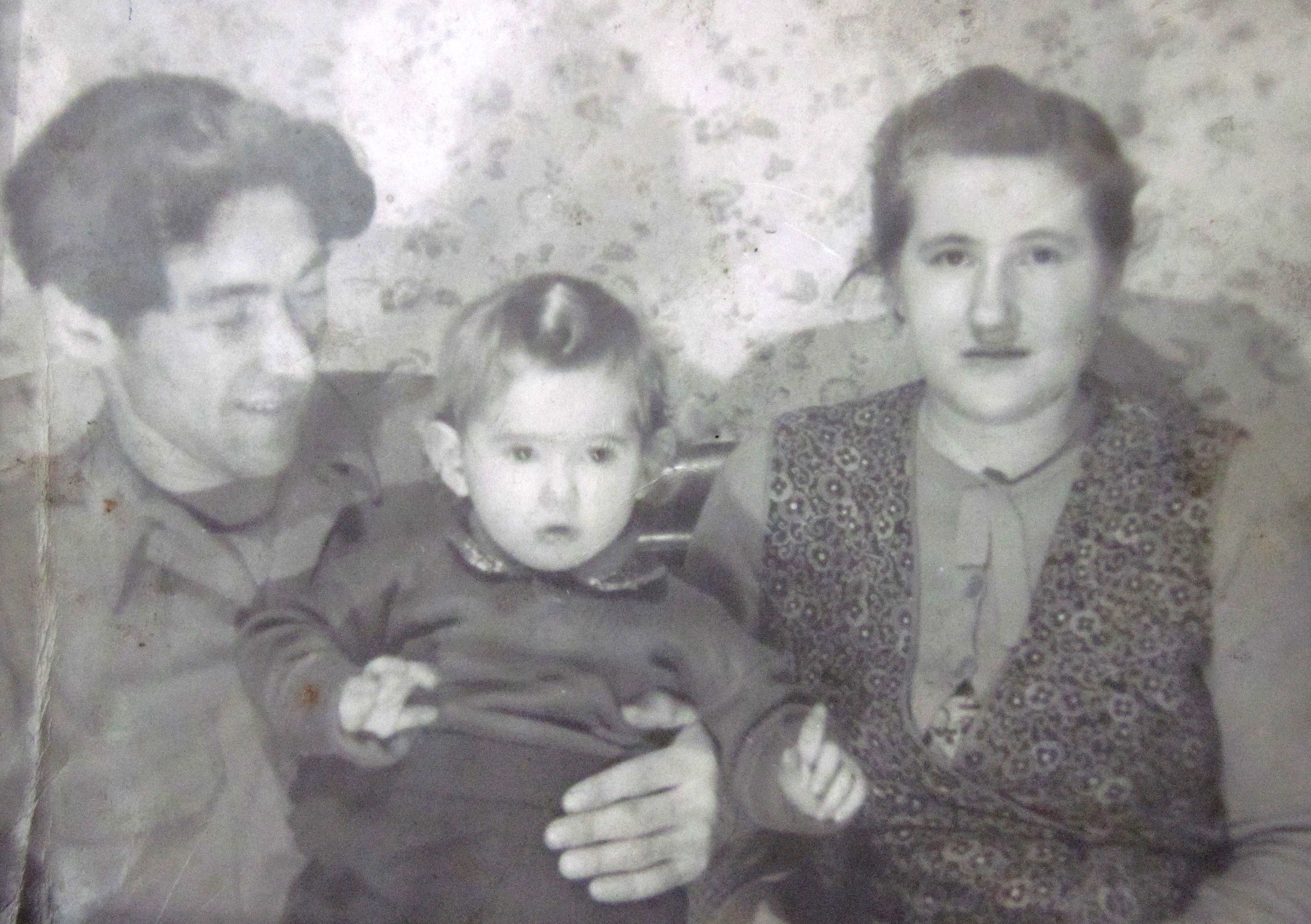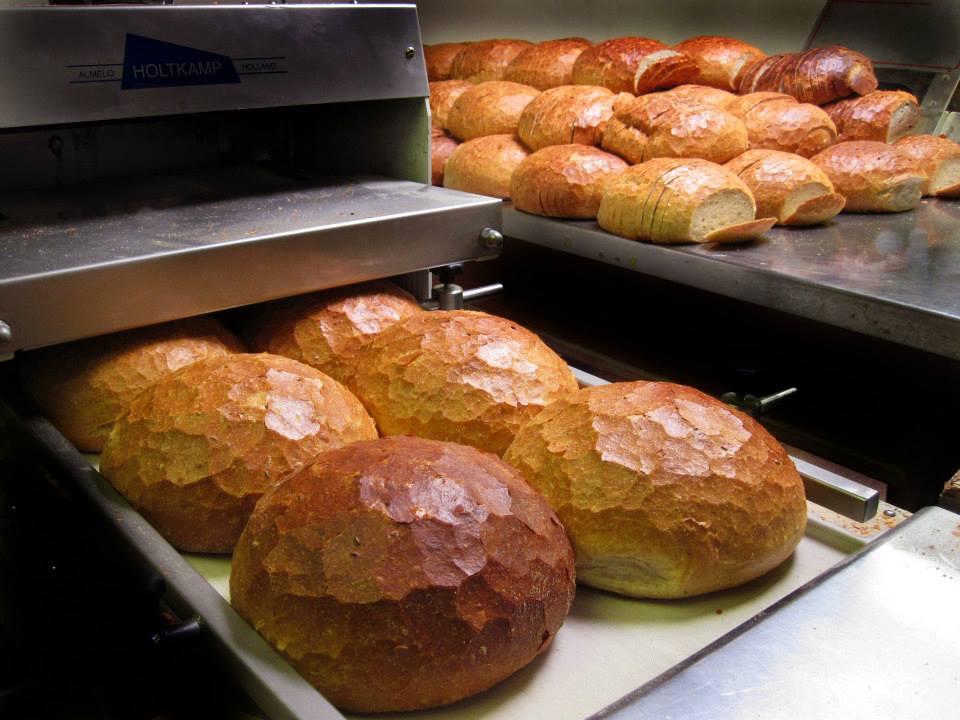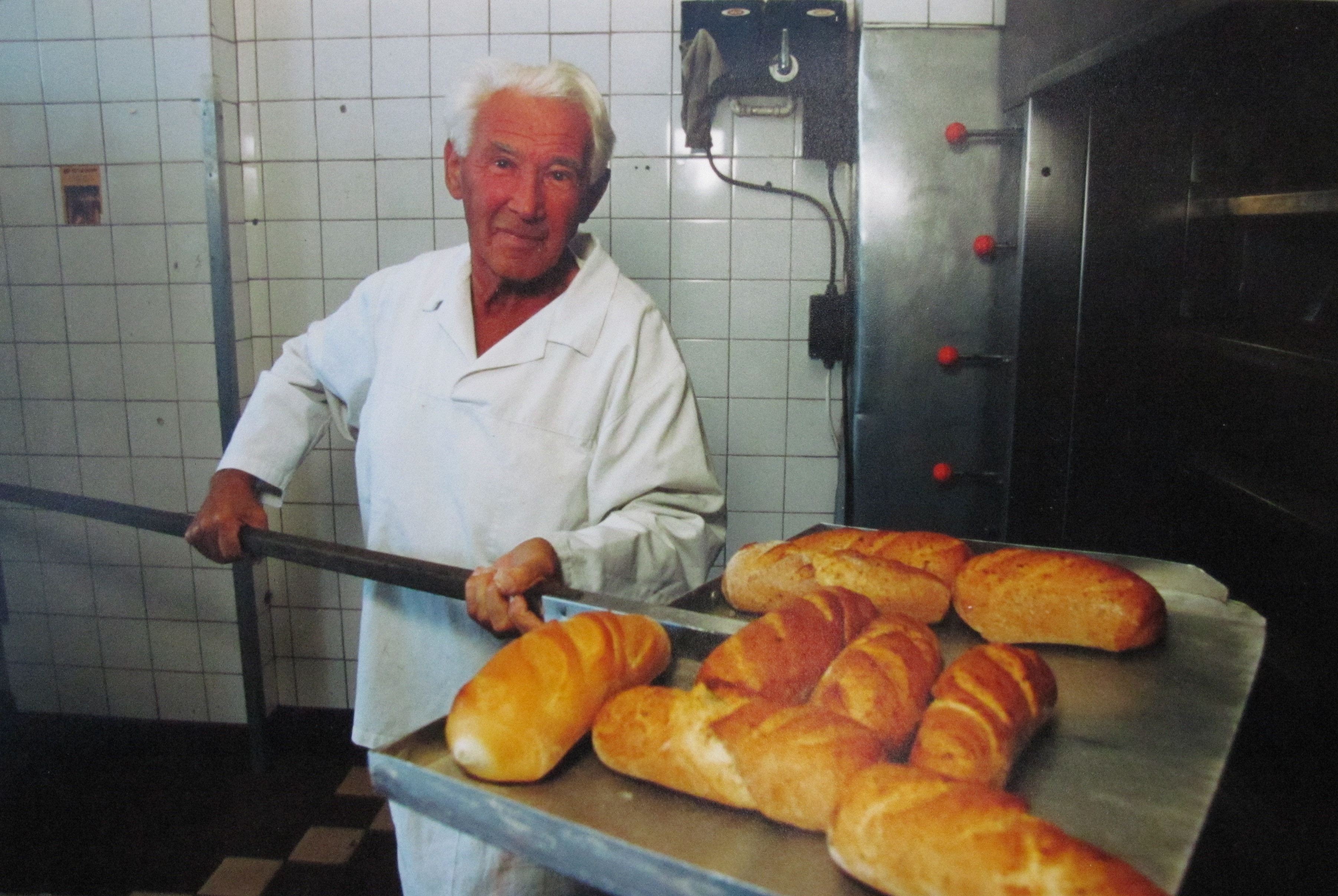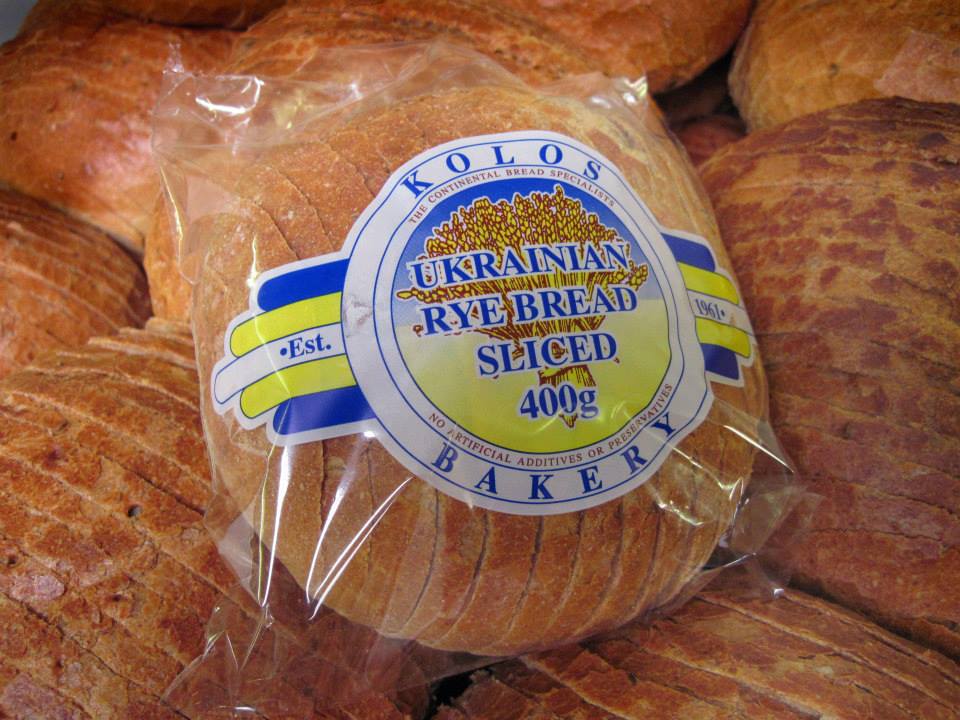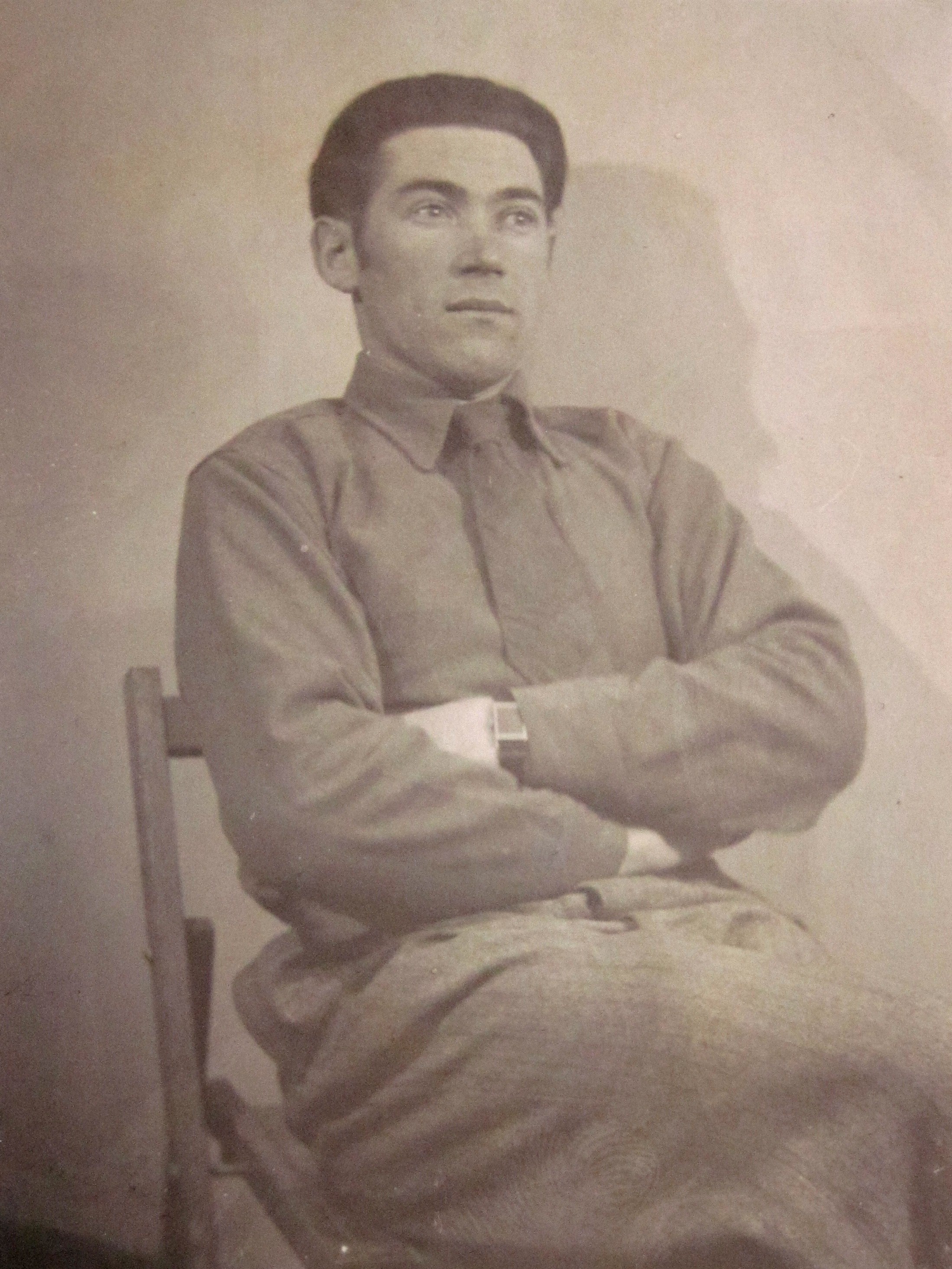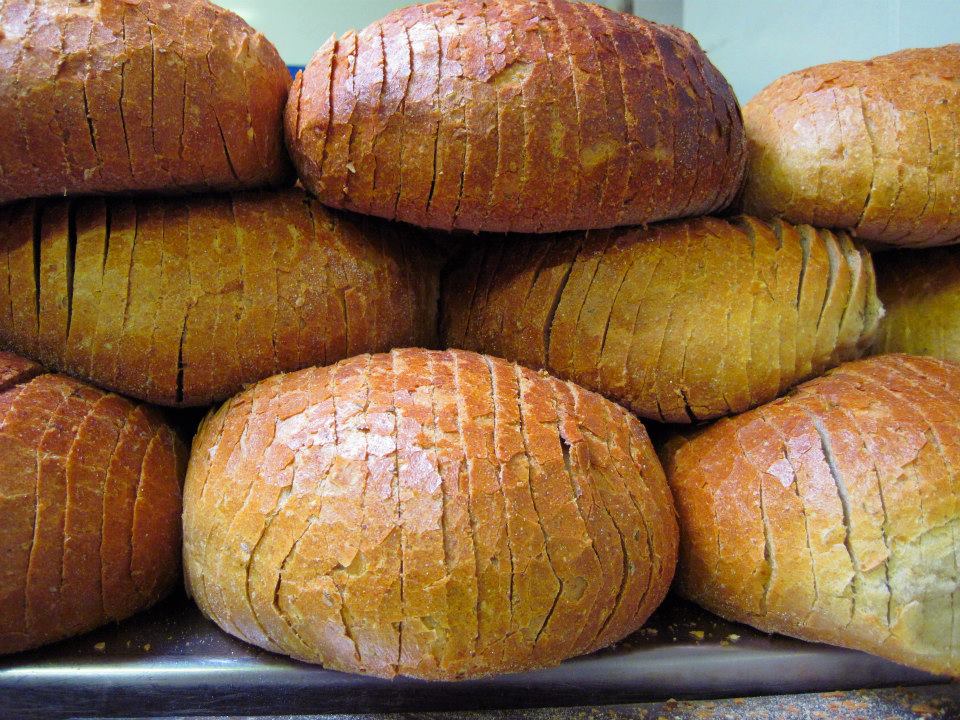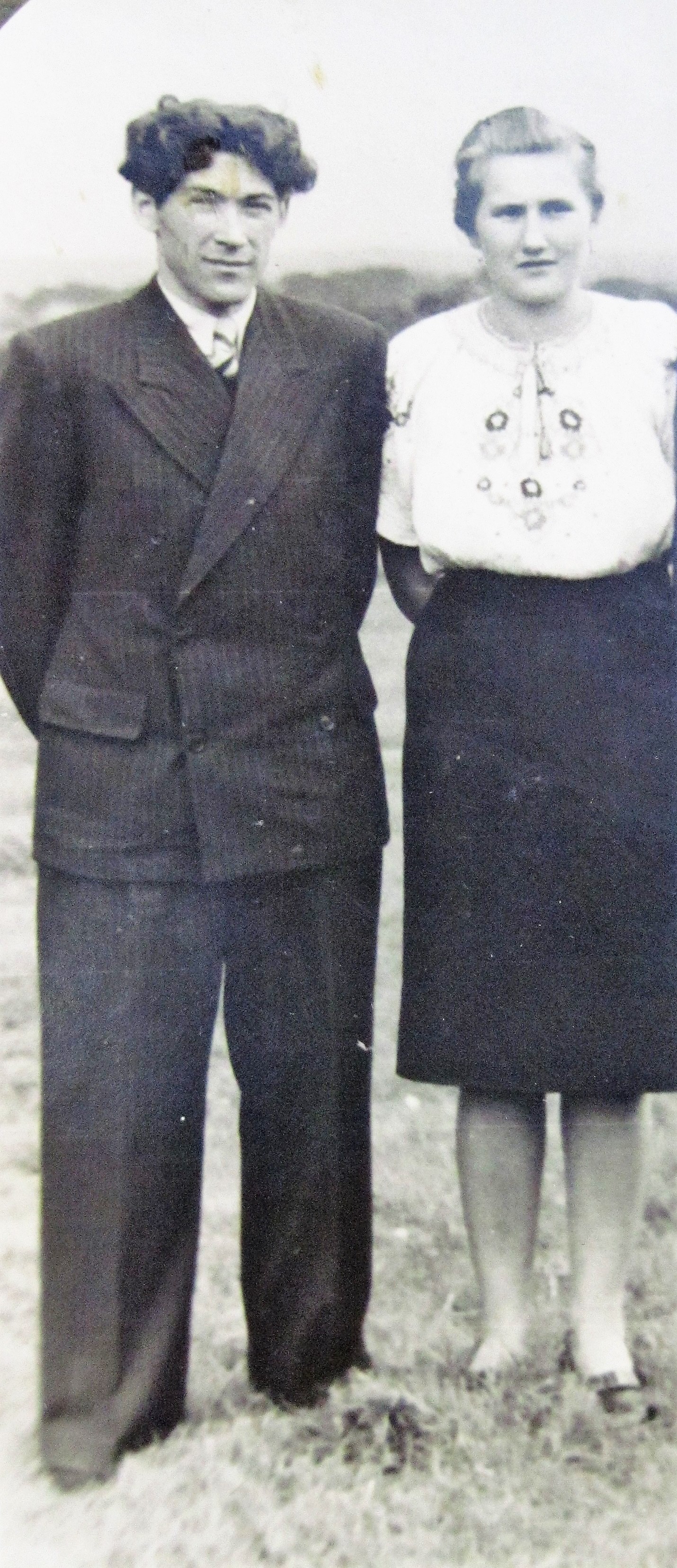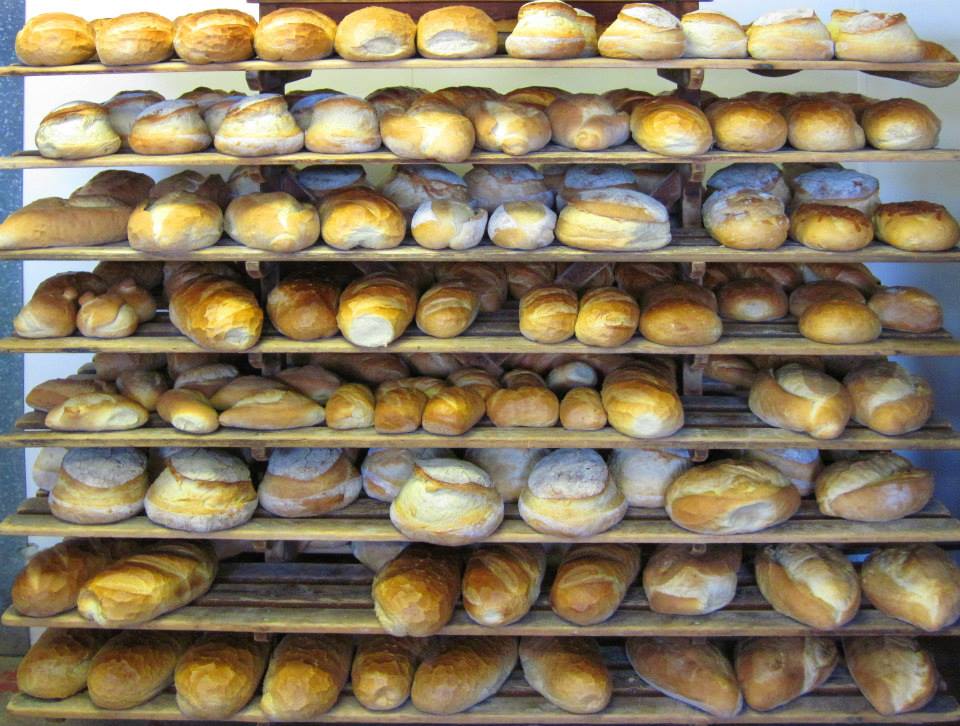BRADFORD, England — A bakery which for decades brought a slice of home to Ukrainian immigrants in the United Kingdom has closed after more than a half-century, marking the end of an era for the family whose traditional rye bread recipe brought nourishment and joy to thousands of people.
The last of its kind in the United Kingdom, Kolos Bakery baked its last batch of bread in May, closing its doors 58 years after Ukrainian immigrant Ivan Prytulak set it up in 1961. He found a good home in Bradford, a West Yorkshire city of more than 500,000 people. At the time, it was home to the largest Ukrainian community in the UK, helping Kolos Bakery become an institution for generations of Ukrainian migrant families across the country.
Joined by his wife Olga and their three sons – Jerry, Dmytro and Taras – the family bakery would play an important part in maintaining the Ukrainian community’s link with its homeland.
Announcing the bakery’s closure on Facebook, retired Jerry – 69 and now living in Cyprus – said he was shocked to see the sheer volume of messages he received from customers as a result, saying: “It was overwhelming. It had hundreds of hits in half an hour – it emotionally drained us.”
Dozens have since reacted to the bakery’s closing, including former customer Ben Clayton, who wrote: “[For] over 40 years I have had so much joy from such a simple luxury, toasted rye with a little butter and honey. While I will mourn the loss of the moments spent in blissful consumption, I thank you for the love that went into each and every loaf.”
Like many Ukrainian migrants to the United Kingdom, World War II uprooted Ivan from his village of Kaminne in present-day Ivano-Frankivsk Oblast, taking him through occupied Poland and Nazi Germany, before arriving in the country in 1947.
According to his autobiography, Ivan spent the four years preceding the war as a baker’s apprentice before being fired for arranging to have a fellow baker beaten up. His conscription to the Polish army shortly thereafter would mark a break in Ivan’s baking career.
Ivan survived the notorious wartime bombing of the Polish city of Poznan and was, at one stage, captured by the Gestapo and imprisoned in the Sachsenhausen concentration camp. He was held at the same time as several prominent Ukrainian nationalist leaders, among them Stepan Bandera, who was killed by a Soviet KGB agent at the age of 50 in 1959.
Nevertheless, Ivan met Olga – a fellow Ukrainian from Kamianka-Buzka in Lviv Oblast – in a camp for displaced persons in Heidenau, Germany following the war. The couple made the arduous journey to the U.K. in 1947 before settling their family in the town of Bury in North England, where Ivan worked in a cotton mill.
The skills Ivan learned as an apprentice baker in Ukraine and, later, Germany, would help him to eventually set up his own bakery.
While they baked a wide range of breads and pastries, it was their traditional rye loaf that would become a staple in most Ukrainian households. It would be rare for any celebratory spread to be without the delightfully-familiar brown orb of baked heaven.
The enterprise was truly a family affair with Olga, who died in 2018 at age 91, working hard alongside her sons in the initial years before stepping away in the early 1980s, says Jerry.
And while the love and care baked in with the bread’s recipe – perfected by Ivan over six months of trial and error – was adored by customers, the work proved tough for Ivan and his sons.
“You have to remember it was all hand made,” Jerry adds, “all the molding of the bread was done by hand. It’s hard work, you were sweating after two minutes. I was involved from 12 years of age – by the time I was 13 I could mix bread dough and by the time I was 15 I could do everything in the bakery and I was still at school. My younger brother, Dmytro, has never worked anywhere else in his life, just the bakery.
“My father loved baking, it was in his blood,” adds Jerry. “We were very proud because our bread was available over the country.”
The bakery was featured on a famous BBC television program “Taste with Jancis Robinson” in the late 1990s, bringing the world of traditional Ukrainian bakery into the homes of many ordinary British families. Ivan died in 1999, at age 82, shortly before the film was aired.
In the program, Ivan Prytulak — described by his oldest son Jerry as a stern man who rarely showed affection — “astonished everything with an unexpected blunt criticism of me and my brothers,” Jerry wrote in the book, “Father, Did We Know You?” Jerry wrote: “Naturally this was good television and was included in the broadcast the following year on the 8th of June 1999, with over two million views.”
But the program was good for business. “After [the] program was screened,” he says, “our phone in the bakery didn’t stop ringing for two weeks – people from all over the country asking where they could buy our bread.”
Initially set up in a small converted house costing £1,600 ($35,000 in today’s money), Ivan and his sons made, shaped and delivered bread themselves to all corners of the country.
At its peak, the bakery, which was largely run by the three brothers and had since moved to larger premises in Bradford, was producing around 12,000 loaves of hand-shaped bread per week. High-end London department stores Harrods and Selfridges were among the stockists – a far cry from Ivan’s humble beginnings.
Nevertheless, a combination of a tough retail environment in the UK and increased competition from Polish and Slovak grocers – who arrived in the UK after EU enlargement in 2004 – made things tough for the family outfit.
A number of other issues, including the dwindling number of first-generation migrants – the bakery’s main customers – led to its eventual closure.
“It’s bad for the community in Bradford and the wider Ukrainian community in the UK,” laments restaurateur and businessman, Marko Husak, who grew up in the Ukrainian migrant community of Bradford.
He says the bread had a profound meaning for many Ukrainians. Adding, “the bread was almost part of your identity in a weird kind of way. We were eating Kolos bread as packed lunch at school when everyone else was eating [mass-produced white bread]. We grew up on that stuff. There’s nothing like it really – it was unique and original.”
Husak said that mass-produced rye and sourdough bread available in today’s supermarkets lack the authenticity of the Prytulak family folklore.
“I think that today marketing companies make up stories for brands – this has got a genuine story, it has a lot of heritage and provenance. I think there’s a lot of value in the brand alone and the story.”
Perhaps indicative of the Kolos reputation, Jerry says he has already received inquiries from people wishing to purchase the bakery – leaving fans of the bakery with a glimmer of hope that they will once again get to taste their favorite bread.
“Father, Did We Know You?” by Ivan Prytulak, translated by son Jerry, is available to buy on Amazon in paperback or for Kindle (https://www.amazon.co.uk/Father-Did-We-Know-You/dp/1718024010)
